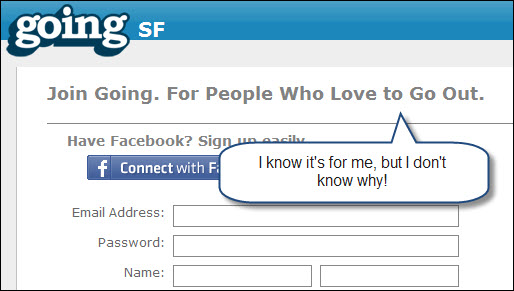My new homework for Social media!!!
Seven rules for corporate blogging
By: Nick Carr
March 27, 2006
Microsoft’s Robert Scoble, who cowrote a book on corporate blogging called Naked Conversations, now seems intent on turning himself into a case study for why companies shouldn’t blog. The posts on his company-sponsored blog, Scobleizer, have become increasingly shrill and antagonistic of late. He recently implied that bloggers who run AdSense ads are incapable of writing objectively about Google, and last week he launched an ad hominem attack on journalists he disapproves of – using terms like “100% incompetent” and “jerk” – and pedantically lectured the blogosphere on how to tell “credible journalism” from “non-credible journalism.”
Microsoft has spent the last couple of years trying hard to rid itself of its image as a corporate bully. Now, it has a bully in the blogosphere. That’s not good.
With the Scoble case in mind, let me offer seven simple and unfashionable rules for corporate blogging. I don’t know how credible they are, since they reflect my own personal opinions, but I’ll let you make that judgment.
Don’t do it. If you have no compelling business reason to get involved in the blogosphere, then don’t. While there’s no evidence, beyond a few anecdotes, that corporate blogging leads to better business results, there are clearly risks. If you give bloggers too much freedom, they may “go native” and tarnish your reputation by writing something stupid. If you try to rein them in, you’ll be attacked for being a dinosaur. That’s a lose-lose situation – the kind companies should avoid if at all possible. And don’t buy that nonsense about needing to have “conversations” with the marketplace. That’s an ideology, not a strategy.
Use blogs to advance your business interests. OK, you’ve decided to ignore my first rule. Fine. But don’t get carried away. For companies, blogging should be treated as another channel for corporate communications, with its own strengths and weaknesses. You should use that channel to get your message out, not to give employees a sand pile for self-expression. Yes, corporate bloggers should write with honesty and personality, but they should never forget – nor let their readers forget – that they’re speaking on behalf of their employer. If a corporate blogger is embarrassed to be promoting his company’s interests in public, he shouldn’t be a corporate blogger.
Stick to your goals. Maybe the goal of your blogging program is to help customers use your products more effectively. Maybe it’s to make your company more attractive to potential recruits. Maybe it’s to influence the public or lawmakers. The important thing is to be clear about your objectives, to stick to them and, as with any corporate program, to routinely evaluate how well you’re meeting them. If blogging isn’t working, then change what you’re doing (or who’s doing it). If it still isn’t working, then stop it.
Choose your bloggers wisely. Blogging is a hot medium. The people who blog for your company should be ones who can keep their cool – and who aren’t likely to fall in love with their own words. Often, the people who most want to be allowed to blog are precisely the ones who shouldn’t be allowed to blog.
Assign blogging buddies. You need to trust your bloggers, not censor them. On the other hand, blogging makes publishing so simple that having some kind of circuit breaker can make a lot of sense. Think about requiring each of your corporate bloggers to have a blogging buddy – a colleague who reads each post before it’s published. All boggers have had the experience of hitting the “publish” button too soon – and then regretting it. A second set of eyes will solve most problems before they even happen. And your bloggers will thank you for that (after, perhaps, some initial whining).
Be wary of allowing comments. Most people who comment on other people’s blogs are smart and insightful. But “most” isn’t “all.” In addition to being a spam-magnet, blog comments can be nasty, obscene, and offensive. This can lead to another lose-lose situation: If you don’t censor comments, you’ll end up with stuff that can embarrass your company. If you do censor them, you’ll be accused of, well, censorship. In most cases, it’s best just to turn off the comment feature from the get-go. That may annoy the true believers, but they’re a tiny minority anyway.
Call in the lawyers. I hate to say it, but if you’re allowing your employees to blog on your dime, you’re liable for what they write. Better safe than sued.
To sum up: People blogging on behalf of their employers don’t need to wear suits, but they should wear clothes. Independent bloggers can afford to blog “naked.” Corporate bloggers can’t.
